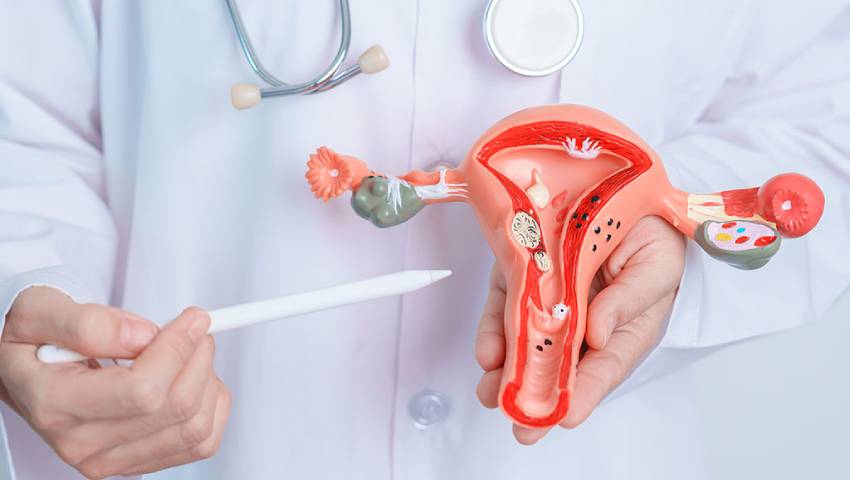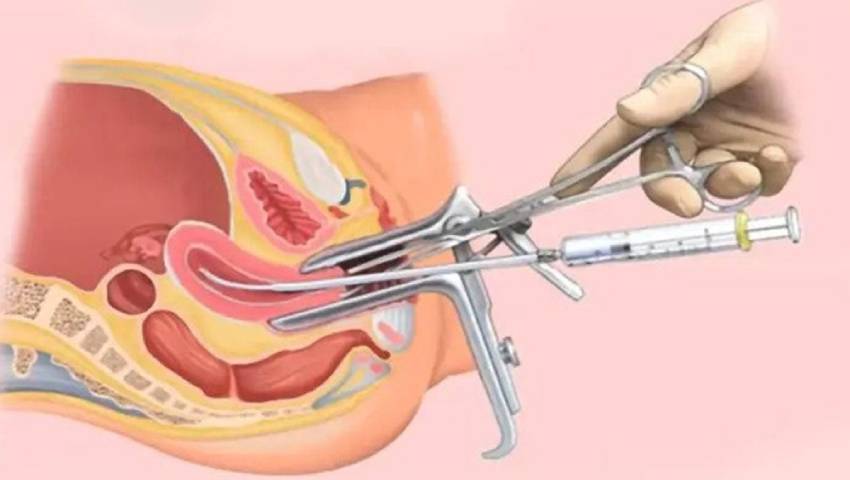Infertility is a common challenge for couples striving to start or grow their families. Understanding its causes is vital for finding the right solutions. Factors like hormonal imbalances, age, lifestyle habits, and underlying health conditions can impact fertility. Thanks to advancements in medical science, innovative treatments such as IVF, IUI, and hormonal therapies offer new hope. Seeking timely advice from a Infertility Expert in Punawale, Pune can make all the difference, as they provide tailored care and cutting-edge solutions to help you achieve your dream of parenthood. Let’s explore the causes and modern treatments available for infertility.
Understanding Infertility:
Infertility is defined as the inability to conceive after a year of regular, unprotected intercourse. It can affect both men and women and is more common than you might think. According to recent studies, nearly 10-15% of couples in India face infertility challenges.
Common Causes of Infertility:
Infertility can arise from various aspects, affecting both men and women. Here are some of the most common causes:
- Hormonal Imbalances: Conditions like polycystic ovary syndrome (PCOS) in women can disrupt ovulation, making it difficult to conceive.
- Age: As women age, their fertility declines significantly. Men also experience reduced fertility as they get older, although the decline is less pronounced.
- Medical Conditions: Issues such as endometriosis, uterine fibroids, or sexually transmitted infections can impact fertility in women. In men, conditions like low sperm count or erectile dysfunction can be contributing factors.
- Lifestyle Factors: Poor diet, obesity, smoking, excessive alcohol consumption, and high stress levels can adversely affect fertility for both genders. Maintaining a healthy lifestyle is crucial for reproductive health.
- Environmental Factors: Exposure to certain chemicals and pollutants can influence fertility. Research indicates that endocrine-disrupting chemicals (EDCs) may affect hormonal balance and reproductive capabilities.
Modern Solutions for Infertility:
- Lifestyle Modifications:
- Adopting a healthy diet and regular exercise.
- Avoid smoking, alcohol, and excessive caffeine.
- Managing stress through yoga and meditation.
- Medical Treatments:
- Ovulation Induction: Medications to stimulate egg production.
- Surgery: To correct structural issues like fibroids or blocked tubes.
- Assisted Reproductive Technologies (ART):
- In Vitro Fertilisation (IVF): Eggs and sperm are combined outside the body and the embryo is implanted into the uterus.
- Intrauterine Insemination (IUI): brings sperm straight into the uterus.
- Intracytoplasmic Sperm Injection (ICSI): A single sperm is injected into an egg during IVF.
- Advanced Techniques:
- Preimplantation Genetic Testing (PGT): Preimplantation genetic testing allows doctors to screen embryos for genetic disorders before implantation, ensuring healthier outcomes.
- Cryopreservation: Vitrification allows for better preservation of eggs and embryos, giving couples more flexibility in their treatment plans.
Emerging Technologies in IVF:
Recent advancements in IVF technology have further improved success rates:
- AI-driven Embryo Selection: Artificial intelligence is now being used to select the most viable embryos for implantation, increasing the chances of successful pregnancies.
- Natural Cycle IVF: This method uses fewer medications and focuses on retrieving eggs during a woman’s natural cycle, making it a more cost-effective option.
Why Choose Dr. Shraddha's EXCELLA Women's Wellness Clinic?
If you are searching for the best infertility treatments and guidance in Pune, Dr. Shraddha Galgali and her team at EXCELLA Women’s Wellness Clinic are here to help. Known for her expertise and compassionate approach, Dr. Shraddha offers personalized care for every patient.
Key Features of EXCELLA Clinic:
- Comprehensive Care: From diagnosis to treatment, every step is tailored to your needs.
- State-of-the-Art Technology: Advanced equipment ensures precise diagnosis and effective treatment.
- Holistic Approach: A focus on both physical and emotional well-being.
- Convenient Location: Easily accessible for residents of Punawale, Hinjewadi, Ravet, and surrounding areas.
Services Offered:
- Infertility consultations and treatments
- IVF and IUI procedures
- Fertility preservation services
- General gynaecological care
- Pregnancy care and high-risk pregnancy management
Conclusion:
Infertility can be an emotional and challenging journey, but modern medical advancements offer hope to couples and individuals striving for parenthood. With the right guidance and tailored treatments, building a family is now more achievable than ever. For residents of Punawale, Hinjewadi, Ravet, and nearby areas in Pune, Dr. Shraddha’s EXCELLA Women’s Wellness Clinic is a trusted destination for overcoming infertility. Led by Dr. Shraddha Galgali, the clinic specializes in advanced treatments like IVF, IUI, and personalized fertility care.
Whether you’re seeking a Female Gynecologist in Hinjewadi or expert fertility solutions, compassionate and comprehensive care is available. If you’re experiencing signs of infertility, don’t delay seeking expert help. Call 9923956515 today to schedule your consultation and take the first step toward making your dream of parenthood a reality.





